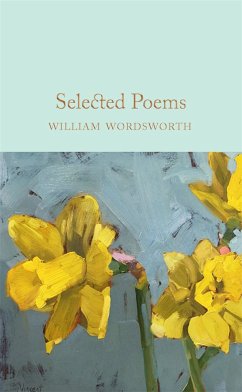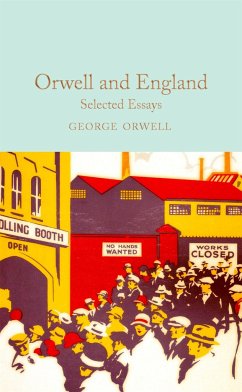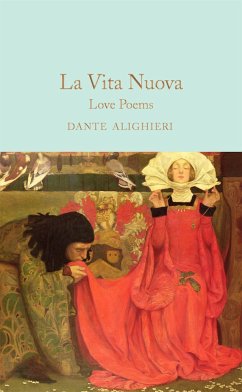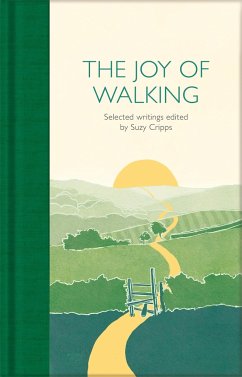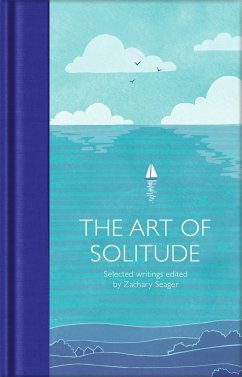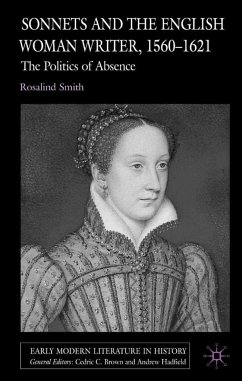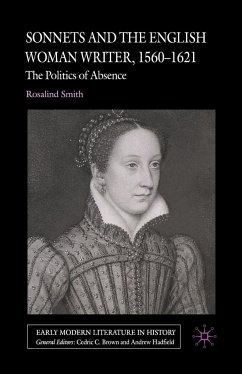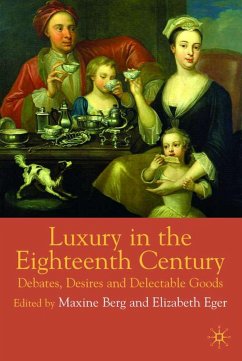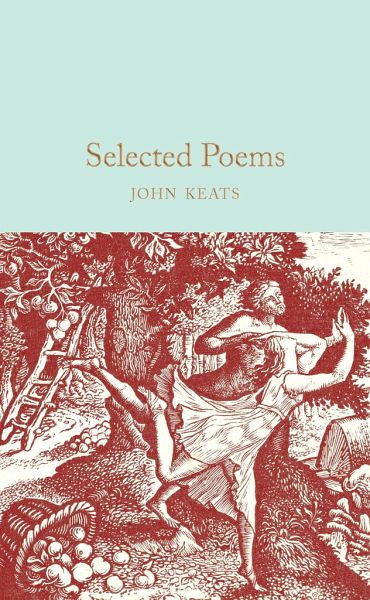
Selected Poems

PAYBACK Punkte
7 °P sammeln!
John Keats is regarded as one of the greatest poets of the Romantic movement. But when he died at the age of only twenty-five, his writing had been attacked by critics and his talent remained largely unrecognized.Part of the Macmillan Collector's Library; a series of stunning, clothbound, pocket sized classics with gold foiled edges and ribbon markers. These beautiful books make perfect gifts or a treat for any book lover. This edition is edited and introduced by Dr Andrew Hodgson.This volume, Selected Poems, reflects his extraordinary creativity and versatility, drawing on the collections pub...
John Keats is regarded as one of the greatest poets of the Romantic movement. But when he died at the age of only twenty-five, his writing had been attacked by critics and his talent remained largely unrecognized.
Part of the Macmillan Collector's Library; a series of stunning, clothbound, pocket sized classics with gold foiled edges and ribbon markers. These beautiful books make perfect gifts or a treat for any book lover. This edition is edited and introduced by Dr Andrew Hodgson.
This volume, Selected Poems, reflects his extraordinary creativity and versatility, drawing on the collections published during his lifetime as well as posthumously. He wrote in many different forms - from his famous Odes to ballads such as 'La Belle Dame Sans Merci', and the epic Hyperion. Together, they celebrate a poet who wrote with unsurpassed insight and emotion about art and beauty, love and loss, suffering and nature.
Part of the Macmillan Collector's Library; a series of stunning, clothbound, pocket sized classics with gold foiled edges and ribbon markers. These beautiful books make perfect gifts or a treat for any book lover. This edition is edited and introduced by Dr Andrew Hodgson.
This volume, Selected Poems, reflects his extraordinary creativity and versatility, drawing on the collections published during his lifetime as well as posthumously. He wrote in many different forms - from his famous Odes to ballads such as 'La Belle Dame Sans Merci', and the epic Hyperion. Together, they celebrate a poet who wrote with unsurpassed insight and emotion about art and beauty, love and loss, suffering and nature.




